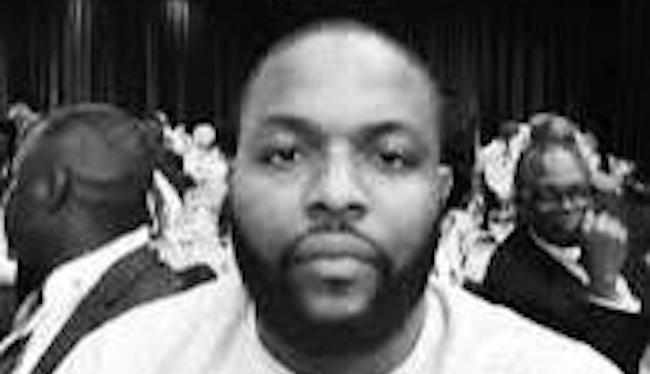Graffiti
Opinion: Why Nigeria needs a National Peace Memorial museum

The current unrest and divide across ethnic and religious lines in Nigeria have made life very difficult, unbearable and tense for many living in Nigeria.
Lack of education about our history has also made it difficult for Nigerians to identify who we truly are as a nation. Perhaps, a national peace museum can solve these issues by educating and creating awareness amongst the general public and future generations on our struggles, history, diverse cultural and ethnic strengths.
Memorialization is a process that satisfies the desire to honour those who suffered or died during conflict, war and as a means to examine the past and address contemporary issues.
Processes of memorialization aim to promote social recovery after violent conflict. Memorialization provides a space to allow survivors and dependents of past violence grieve and place their past histories into a socio political context.
They can have the ability to affect and shape the discourse surrounding larger issues of rebuilding and reconciliation in post conflict societies, even by bringing the issue of survivors memory to the table.
By creating a memorabilia to honour, remember and reflect on the innocent civilian lives lost during various periods of violence and conflict in a countries history, it aims to invoke the most positive impacts of societal transformation, conflict resolution and social justice.
In May 2019, myself and a few friends all Nigerians embarked on a trip to Rwanda for a 40th birthday. It was a very unusual destination but the quest to see forward thinking African countries, especially after experiencing a civil war, fuelled that decision.
READ ALSO: Nigerian govt proposes one-year timeframe for full return of stolen artifacts from Germany
But regardless, we planned our trip and headed down to Rwanda. On arrival everything appeared organized. I couldn’t wait to see what the country looked like.
My only memory of Rwanda from childhood was the movie hotel Rwanda which I watched in bits and pieces. It gave me a chilling vibe as I walked past the streets trying to observe any differences in tribe and what must have started the unrest.
My other experience was in Canada where I listened to stories of the refugees who had migrated.
It was on this trip that I met other young Nigerians who are masters of industries aged between 30 – 45, the perfect age bracket for a president.
We had a great time visiting different places and experiencing the country. A day before we headed back to Nigeria we all decided to visit the Memorial Museum in Rwanda.
The following day, on approaching the museum eager to get in while we waited in line to pay, I saw an elderly Caucasian lady weeping as she walked to enter her bus.
The museum brought a lot of tears seeing the pictures and videos of the war but one thing I took away before I left was a picture I took by some of the grave sites of the victims, the video interviews of some of the survivors and a massive peace sign in a roman like auditorium.
As young Nigerians concerned about the fate of our country, we had discussions, arguments and misunderstandings but something struck me like a light as I asked myself why we can’t replicate a similar memorabilia; one unique to our problems and one which will be written by both our heroes past and present, both home and abroad.
Eager to find a solution immediately we landed Nigeria, I started work on a National Peace Memorial museum proposal, one which will reinforce and foster peace, justice, equity, fairness and diversity.
Furthermore, I had a belief that such a project will seek to solve our issues through educating and creating positive awareness on societal transformation, conflict resolution, social justice, especially in States and societies that are transitioning from conflict to peace.
The proposed museum would hope to yield positive influence in communal and national relations between Nigerians. And to provide a moment, time and physical place to acknowledge the past and actively engage in building a sustainable and peaceful future of Africa.
AUTHOR: T.Obikili…
Articles published in our Graffiti section are strictly the opinion of the writers and do not represent the views of Ripples Nigeria or its editorial stand.
Join the conversation
Support Ripples Nigeria, hold up solutions journalism
Balanced, fearless journalism driven by data comes at huge financial costs.
As a media platform, we hold leadership accountable and will not trade the right to press freedom and free speech for a piece of cake.
If you like what we do, and are ready to uphold solutions journalism, kindly donate to the Ripples Nigeria cause.
Your support would help to ensure that citizens and institutions continue to have free access to credible and reliable information for societal development.












